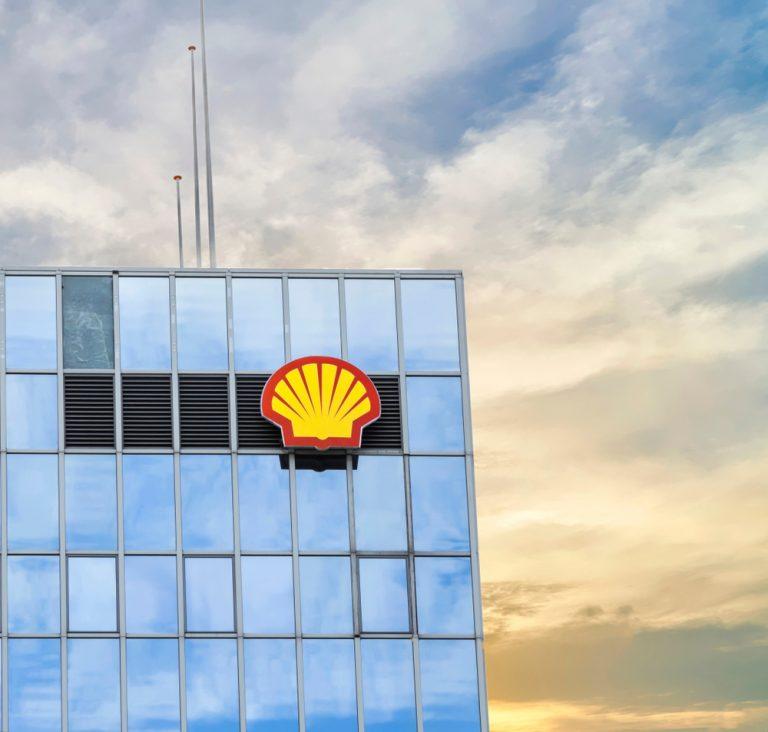
Royal Dutch Shell Plc (LON: RDSB) have issued an update on Wednesday on their gender equality statistics for financial 2019, which paints a worrying picture.
Shares of Shell have dipped 1.48% on Wednesday to 2,234p. 20/11/19 12:47BST.
The FTSE100 (INDEXFTSE: UKX) listed firm have hit headlines over the last few weeks, as they reported a slump in profits at the End of October.
Shell alluded to sinking oil prices, and heightened political tensions as a reason for this slump. Rivals such as SABIC (TADAWUL: 2010) and Total SA (LON: TTA) also experienced similar slumps.
The report on gender equality highlighted that the gender pay gap widened following the acquisition of a utility company.
Additionally, the firm reported that women earned on average 18.7% less than their male counterpart, which will worry seniority at the firm.
Shell said its UK gender pay gap stems from having fewer women in senior leadership positions as well as in specialist roles attracting higher levels of pay such as trading, as reported by Reuters.
At at time where every policy and department of multinational corporations are scrutinized, these figures do not come as pleasant viewing for shareholders and public media.
This year’s figure, which compares to 18.6% in 2018, comes after Shell UK incorporated around 1,000 employees from First Utility which it had acquired in March, Shell said in a report.
Excluding the acquisition, the pay gap would have been narrowed to 15.1%. This may act as a consolidation, however does not dismiss the gloomy bigger picture on the issues of gender inequality.
In October, it was reported that female entrepreneurs experience highest levels of gender bias, after research was published by HSBC’s Private Banking division (LON: HSBA).
“It is concerning that half of female entrepreneurs in this country have experienced bias when trying to raise capital for their businesses,” Kirsty Moore, Managing Director at HSBC UK Private Banking in the UK, commented on the research.
Gender gap pay is defined as the difference in the average pay and bonuses of all men and women across an organisation.
“We have made good progress in building an inclusive and diverse workplace, and we have increased the proportion of women in senior leadership positions,” Sinead Lynch, Shell UK Country Chair, said in a statement
“However, we still have further to go and will continue to work to close the gender pay gap across all parts of the business.”
“Our gender pay gap also reflects wider societal issues such as relatively fewer women studying science, technology, engineering and mathematics subjects at university,” Shell said in a statement.
The oil and gas sector is one that has traditionally larger volumes of male workers, and makes up almost two thirds of Shell’s 6,000 workforce in Britain.
Shell concluded by saying that it had ambitions to reach 30% in senior leadership positions by 2020, which the figure rising to 35% by 2025.
Last year, the UK government announced that it will launch a review into the barriers female entrepreneurs face, assessing the obstacles impeding women from success in the professional workspace.
Certainly, big firms such as Shell need to lead the way in allowing gender pay gaps to be closed.
The figures will worry stakeholders at Shell, and puts the reputation of Shell into a bad media spotlight. In a time where gender equality has never been more important as a national and company priority, extra efforts need to be made by Shell to ensure that the gap is narrowed.
